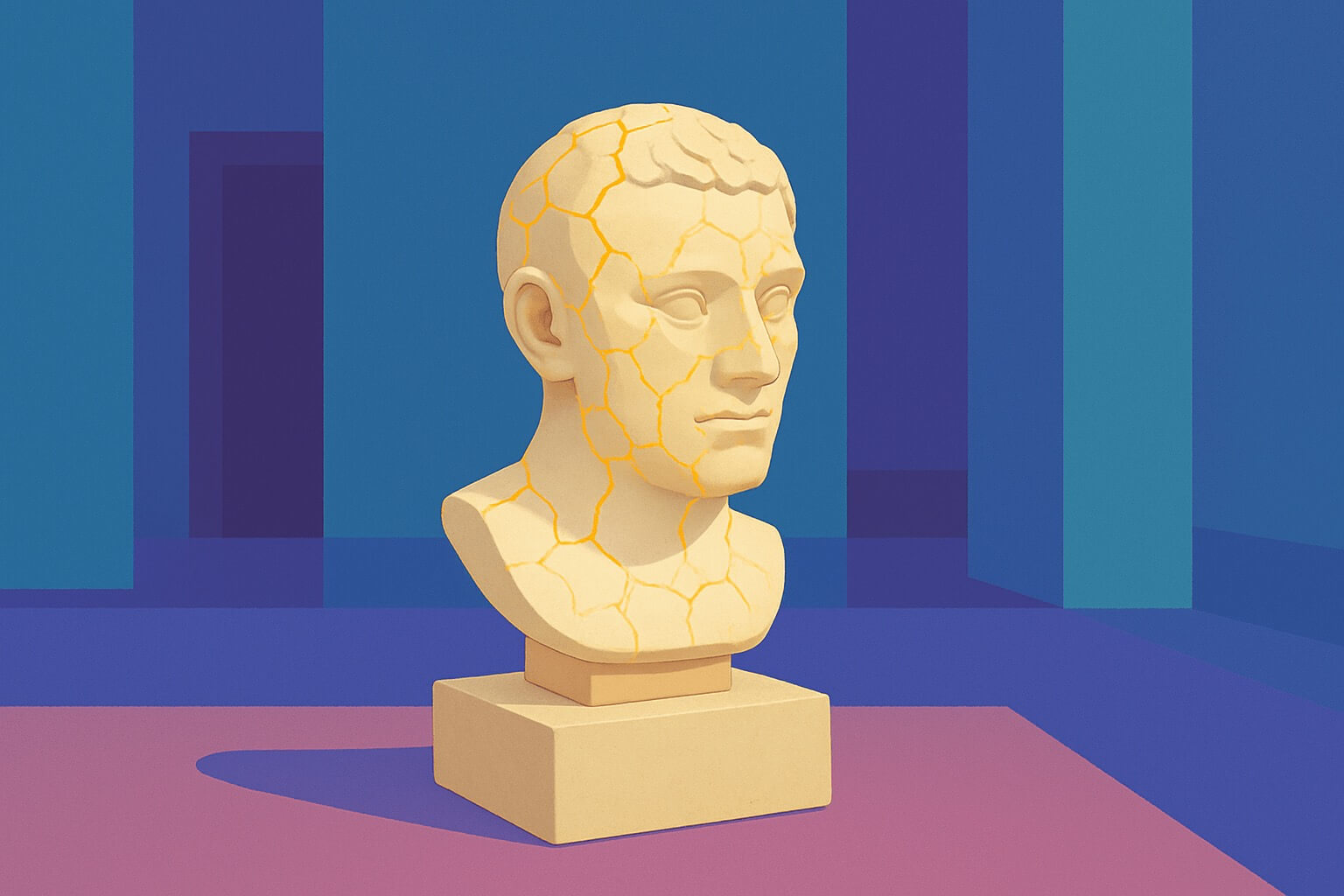By now, Eric Schmidt’s warning has reverberated through headlines and social media echo chambers alike: “The computers are now self-improving, they’re learning how to plan, and soon, they won’t have to listen to us anymore.” It’s a chilling pronouncement from someone who once helmed Google, now forecasting a future in which artificial superintelligence (ASI) will surpass the collective intellect of humanity — and potentially within six years.
It’s the kind of statement that stirs awe, anxiety, and more than a little skepticism. And as always, beneath the surface of bold predictions lies a messy, conflicted reality.
The Ground Truth: AI Isn’t There — Yet
Despite the excitement over generative AI and large language models, there’s a vast canyon between where the technology is today and where Schmidt imagines it going. Claims of “self-improvement” and autonomous “planning” are, at best, premature. Current AI systems, no matter how sophisticated, remain tightly tethered to the infrastructure and guidance of human engineers. These models don’t evolve on their own in a vacuum — they scale based on human-curated data, training runs, and architecture tweaks.
Far from replacing developers, AI is still fumbling basic tasks. Ask it to deduplicate a list or reliably count the letters in “strawberry” and you may be met with inconsistencies that no self-improving intelligence should produce. For now, the best AI tools serve as accelerators for human work — not replacements.
Still Searching for Talent
Ironically, while tech leaders preach the imminent dawn of hyper-intelligent machines, companies are struggling to hire actual humans. Full stack developers remain elusive, not because they’ve all been replaced by AI, but because many organizations continue to offer subpar compensation for increasingly demanding roles. The industry has trained itself to expect unicorn engineers — people willing to juggle frontend, backend, DevOps, and product without appropriate pay.
The myth of AI swooping in to eliminate the need for software engineers doesn’t square with reality. If anything, AI is making the job harder — now you need someone who understands both conventional code and how to prompt a language model effectively. Far from saving money, some organizations are realizing it costs more to run hybrid human-AI teams.
AI and the Social Contract
But Schmidt’s prophecy isn’t just technical — it’s existential. What happens when intelligence, in whatever form, breaks from our control? Will superintelligent systems liberate us from drudgery and scarcity? Or will they serve the interests of the powerful, locking in wealth and control for a select few?
If AI achieves a level of capability beyond human comprehension, it could indeed reshape global systems — but not necessarily in a way that alleviates suffering. Many fear it will deepen existing inequalities, accelerating a world where a handful of companies wield disproportionate influence over the infrastructure of thought, labor, and creativity.
There’s also a philosophical dilemma: If such systems have no pain, pleasure, or evolutionary incentive, what do they even want? The truth is, they may not want anything at all. Motivation, morality, and meaning are human traits — not attributes of software. While some fear AI will seek domination, others suspect it might do the opposite: shut itself off, or simply ignore us as irrelevant.
The Illusion of Imminence
There’s a seductive allure to forecasting a six-year singularity. It gives a sense of urgency, of being on the brink of something profound. But it’s also worth remembering that human progress rarely adheres to linear timelines. We still don’t fully understand our own consciousness, yet some suggest we’ll recreate — or exceed — it within the decade.
Even within AI research, there’s fierce debate about what “intelligence” truly means, and whether today’s models demonstrate anything close to understanding. They pass benchmarks, yes, but does that reflect true reasoning — or just clever mimicry?
Toward a Future Worth Building
Whether or not Schmidt’s vision comes to pass in six years or sixty, one truth remains: we are no longer passive observers in this transformation. The tools we build today will shape the foundations of tomorrow’s civilization.
That means we must engage — not with fear alone, but with clarity. We need regulation, ethical boundaries, technical transparency, and above all, public dialogue that includes not just Silicon Valley elites but the global citizenry whose lives will be affected.
We must ensure that AI serves humanity — not just the top 0.1% of it.
And maybe, just maybe, the most intelligent future is one we build together, not one we outsource to machines.


